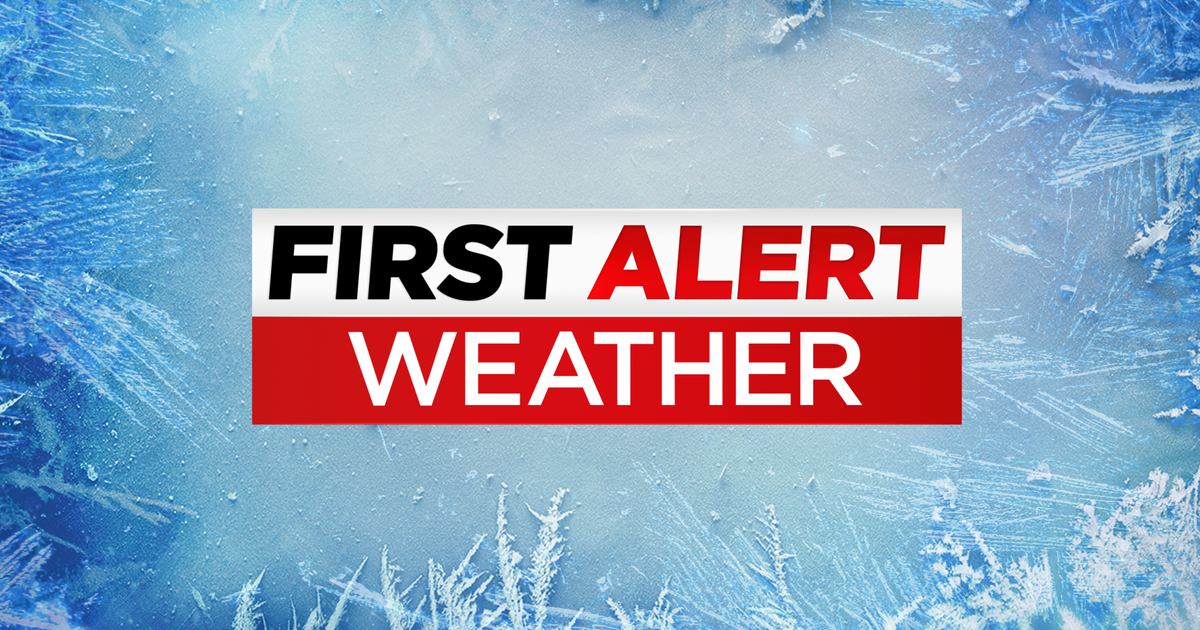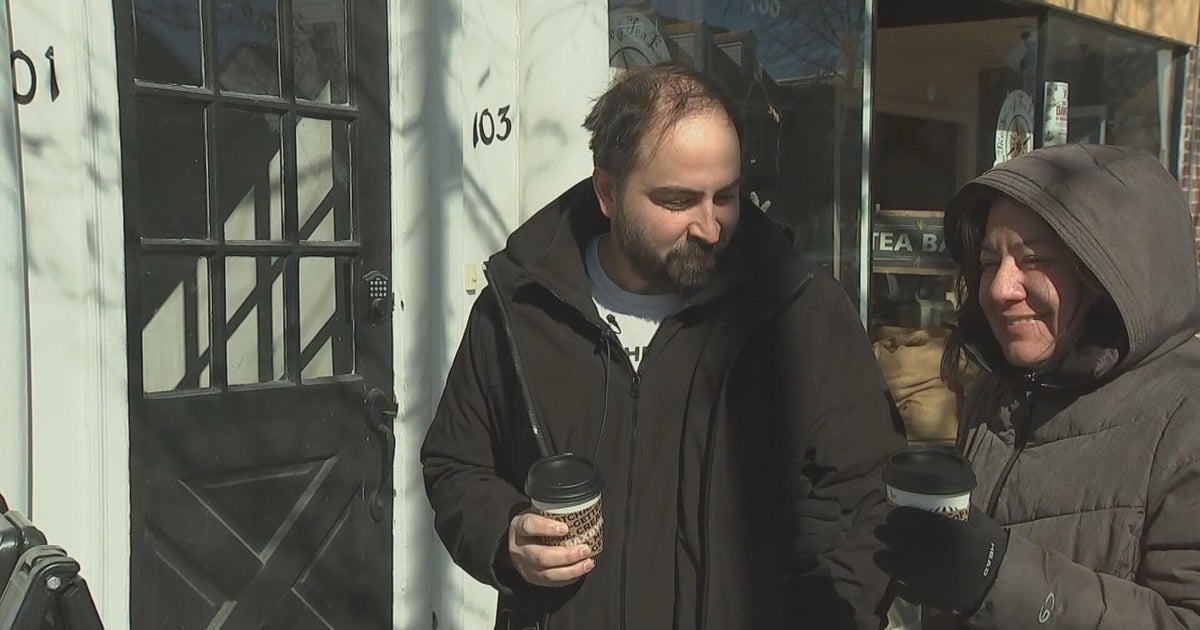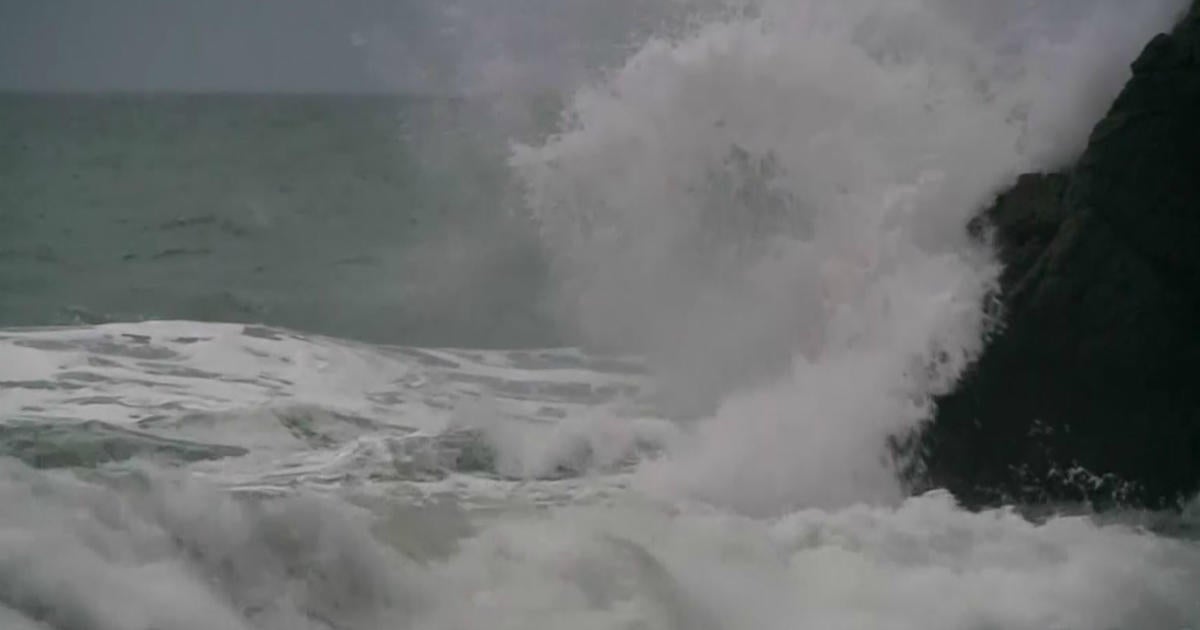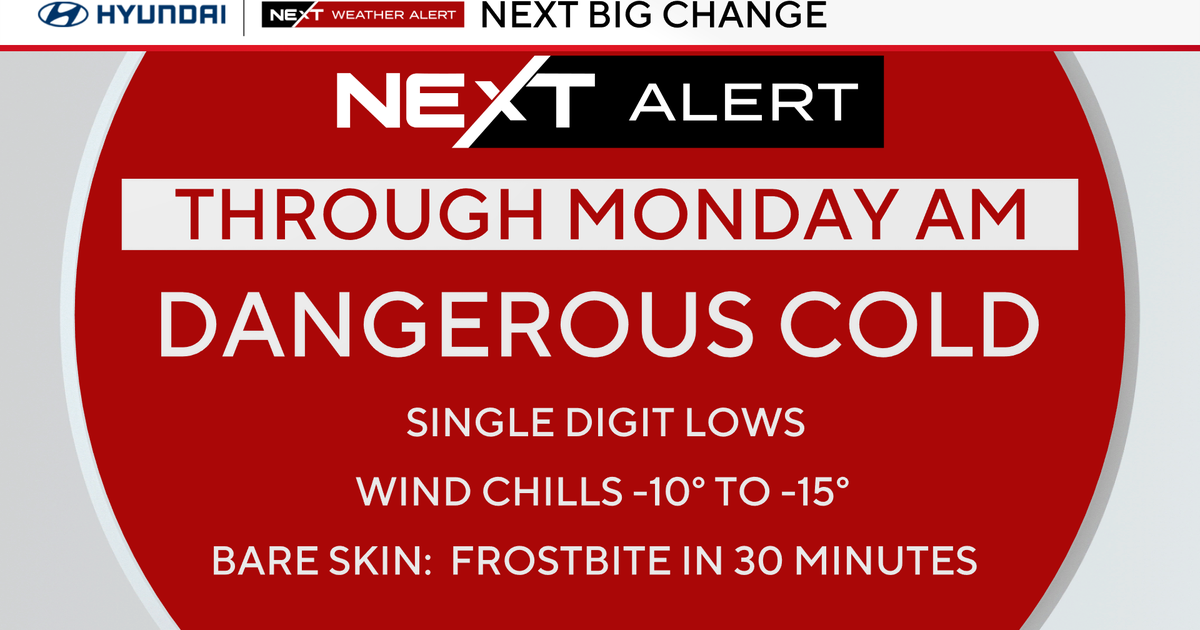Could Better Tornado Warnings Cause Complacency?
OKLAHOMA CITY (AP) — Forecasters who issued dire warnings ahead of last weekend's tornado outbreak in the Midwest deemed the effort a success Monday, largely because dozens of tornadoes hit yet caused only a handful of deaths. But they expressed concern about future public complacency.
The National Weather Service's Storm Prediction Center issued a rare high-risk warning days ahead of the storms, sternly urging residents across several states to prepare for "life-threatening" weather. State officials and residents in communities where tornadoes hit praised the effort, noting only six lives were lost.
But many of the tornadoes touched down in rural areas, mostly in Kansas. Forecasters worried that could result in people tuning out future warnings because they were not in this outbreak's path.
"The bottom line is there really is no such thing as a perfect forecast. There are always going to be areas that aren't struck, especially in tornado outbreaks," said Greg Carbin, the center's warning coordination meteorologist. "But the penalty function for missing a significant event is so high, that there's probably a tendency to err on the side of caution."
It was only the second time in the National Weather Service's history that the agency labeled an approaching storm system as "high risk" more than 24 hours in advance. The other time was in April 2006, when nearly 100 tornadoes raked across the southeastern U.S.
Both times, the early predictions were on target.
The storm center determined that 75 tornadoes touched down in Kansas, Oklahoma, Iowa and Nebraska during a 24-hour period beginning at 6 a.m. Saturday. Six people died as a result of an overnight tornado that hit Woodward, Okla., about 140 miles northwest of Oklahoma City. No other deaths were reported.
Residents said the warnings helped. Frank Owens and his wife, Treva, had packed their storm shelter with supplies in advance and spent the day watching local TV forecasts.
"I heard them say we had nine minutes, and that's when I hit the cellar," Owens said.
Meteorologist Rick Smith said he hopes that for residents who prepared and were spared, that their work doesn't lead to complacency.
"I don't want people to think preparedness efforts are ever wasted," Smith said. "The weather radios people bought, the plans people reviewed on Friday and Saturday, it's not like you're never going to use those again.
"If you didn't use them on Saturday, you should be thankful and glad."
In Kansas, the National Weather Service issued new warnings with strong language: "You could be killed if not underground or in a tornado shelter. Many well-built homes and businesses will be completely swept from their foundations."
Some experts cautioned that using language that is too strong could have the opposite of its intended effect. Jeff Lazo, director of the Societal Impacts Program at the National Center for Atmospheric Research in Colorado, said people could actually go into "fear control."
"Instead of responding to a threat, they just kind of tune it out," Lazo said. "It's not necessarily a rational response. It's more of an emotional response. There comes a point where someone's just going to grab a six pack and go to the roof because they don't think they're going to survive it."
But the new warnings appear to have helped in Kansas. A tornado struck the Wichita, Kan., area at night and tore through a nearby mobile home park, yet no one was killed.
"It's moving into the south side of a major metropolitan area after dark. This is when we want to pull out all the stops to really get people to visualize the potential of what could happen so they take the action to protect themselves from that level of threat," said Mike Hudson, a meteorologist with the National Weather Service in Kansas City.
Hudson said researchers plan to study how people reacted to the heightened warnings and whether that was responsible for many of them leaving the mobile home park and taking shelter elsewhere.
"They key point of it was that in that mobile home park alone, people did go ahead and take the proper actions to protect themselves," he said.
(© Copyright 2012 The Associated Press. All Rights Reserved. This material may not be published, broadcast, rewritten or redistributed.)







